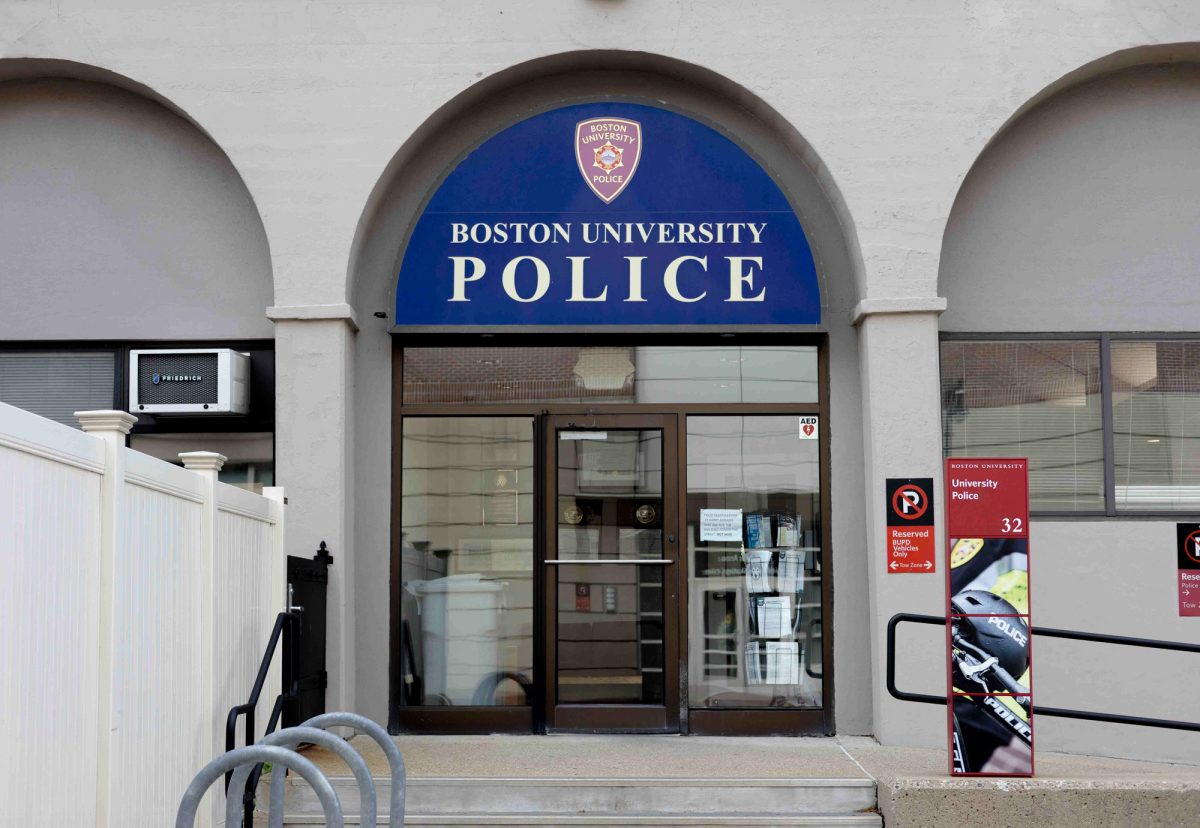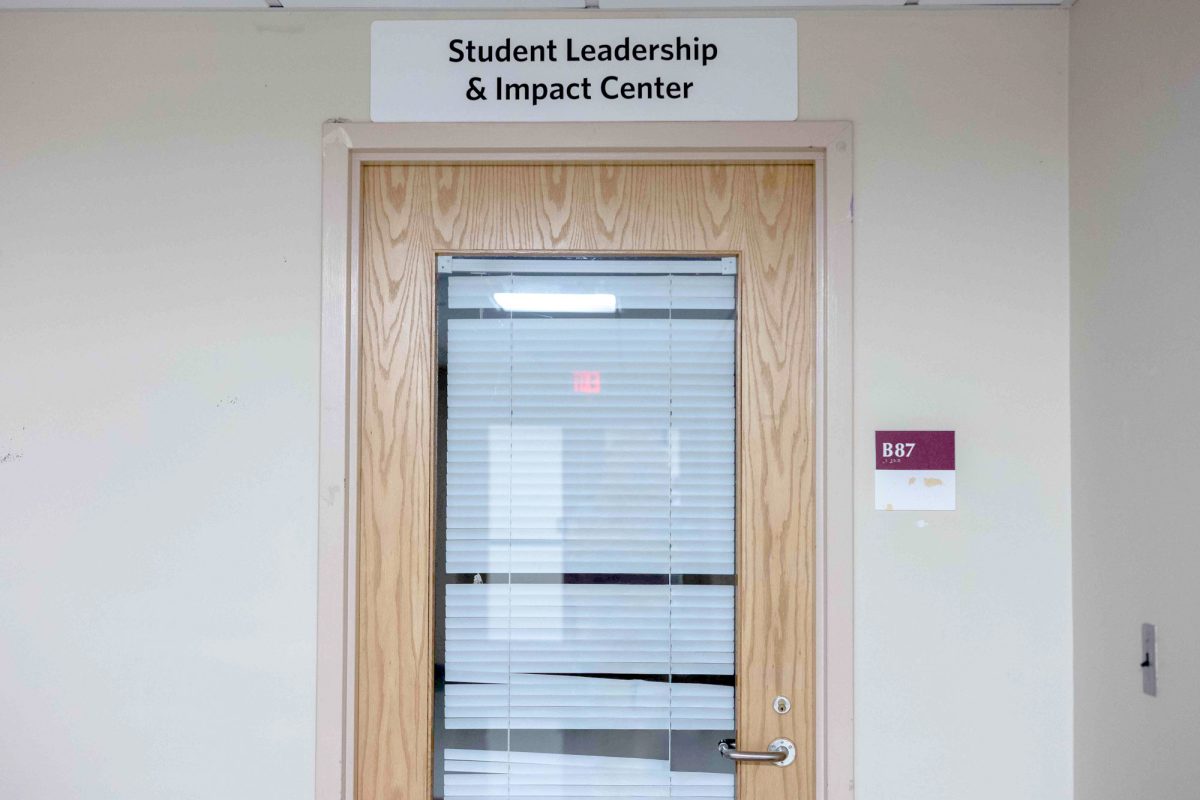When Genzyme, a Massachusetts-based genetics research company, opened its new global headquarters in Cambridge on Saturday, everything went as planned – the urinals didn’t flush with water and the windows opened – details that some architects may have hailed as mistakes.
But Genzyme’s executives were fine with the building’s quirks, which, while uncommon, will help conserve energy, drive down maintenance costs and promote environmentally friendly design.
“Our purpose is to innovate, create new standards, go beyond the norm,” said Genzyme Chairman and Chief Executive Officer Henri A. Termeer. The building’s unique features, Termeer said, will make for a friendly working environment for the 900 employees who will use the facility.
While some of the changes will be visible, most will go unnoticed. Seventy-five percent of the building is made from recycled material, and the building’s air conditioning system uses steam discharged from a nearby power plant, instead of harmful cooling chemicals like Freon. Windows also have two panes of glass, instead of just one, which will help the facility more effectively retain heat during the winter months. A special coating on the windows will also reflect heat out, keeping the building’s temperature more consistent.
Building architect Stefan Behnisch said he wanted to make the building “friendly, as human as possible.” He said he also hoped to make employees feel connected with the outside world, placing mirrors near windows so light “will reflect … in the depths” of the building.
Massachusetts Sen. Edward Kennedy (D), who attended the ribbon-cutting ceremony, said the building was an “extraordinary physical facility” that lends itself to the “whole possibility of life sciences.”
“It is imperative that we let science go wherever science leads us,” Kennedy said. “This is not a time to step back.”
Gov. Mitt Romney, who also attended the building’s opening, said Genzyme has a “powerful vision, shared commitment and sense of responsibility.” Romney said the facility would not only be used for important medical research, but that it would also help boost the state’s economy because when Genzyme “makes a profit, it pays taxes.”
Four years ago, the site of Genzyme’s new headquarters was nothing more than an abandoned field. The company transformed it into commercial territory that currently generates $2.5 million in tax revenue – 10 times what it generated previously.
The 10-acre site is still not completely developed and proposals for the property include retail shops, restaurants, a park, a skating rink, offices, residences and a performing arts center.



















































































































